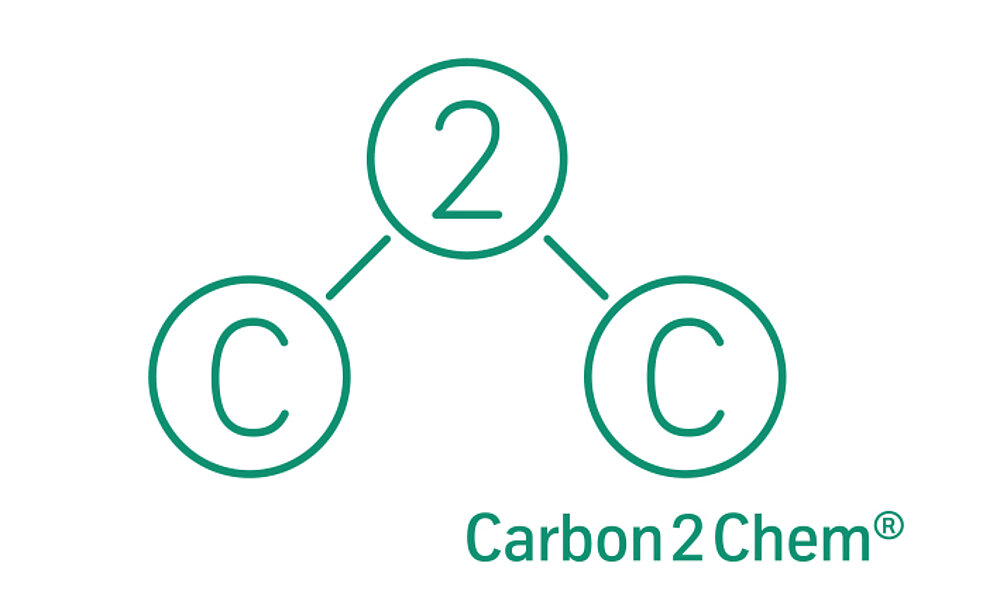Projects and Funding
The MPI CEC is involved in numerous research projects and cooperations in order to further advance the energy revolution, and to promote the exchange with science, industry and politics. Our institute is also part of two of the climate protection projects of the Federal Ministry of Education and Research - the Kopernikus- and the Carbon2Chem® project. An overview of the BMBF's innovation projects for climate protection can be found here.
Below you will find an overview of most of our projects, cooperations and participation in clusters of excellence (in alphabetic order).
Carbon2Chem ®
The Max Planck Institute for Chemical Energy Conversion is involved in the joint project Carbon2Chem ®, a large-scale initiative on climate protection with 17 partners from industry and science. The project aims at turning CO2 and other gases (Hüttengase) from steel mills into chemicals.
For more information, please visit our Carbon2Chem ® website.
CatLab
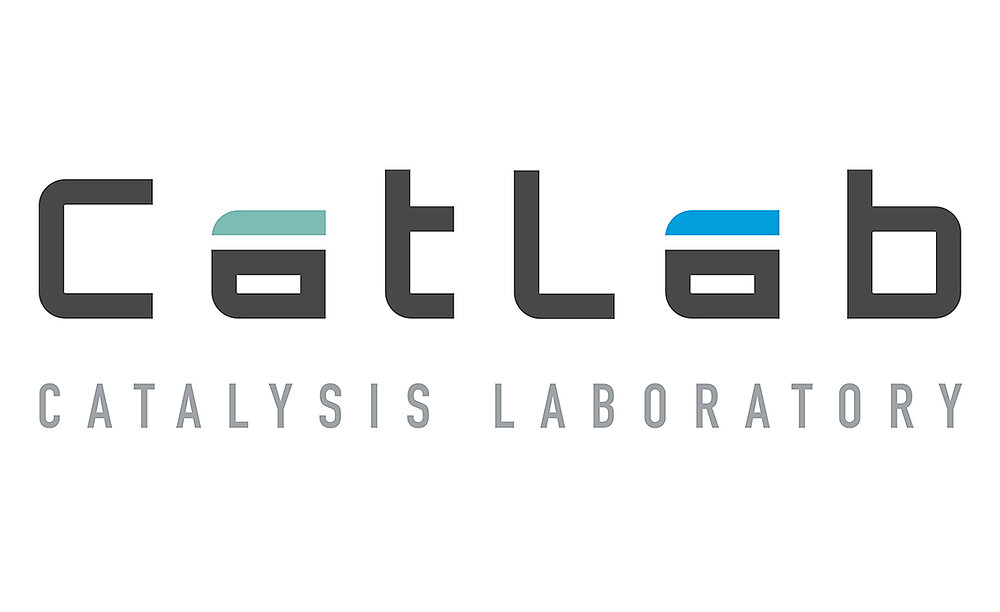
The Cat(alysis)Lab(aboratory) is a new research platform in Berlin for the development of novel catalyst materials, established through the collaboration of the Helmholtz-Zentrum Berlin für Materialien und Energie and the Max Planck Society (Fritz Haber Institute, Berlin and MPI CEC).
CatLab is a start-up project with the aim of developing novel catalysts based on thin-film and nanotechnology. These catalysts are to contribute to the realisation of CO2-neutral energy systems and the use of renewable electricity as a primary energy source on a global industrial scale. The aim is to build a bridge from basic research to industrial application.
CatVIC
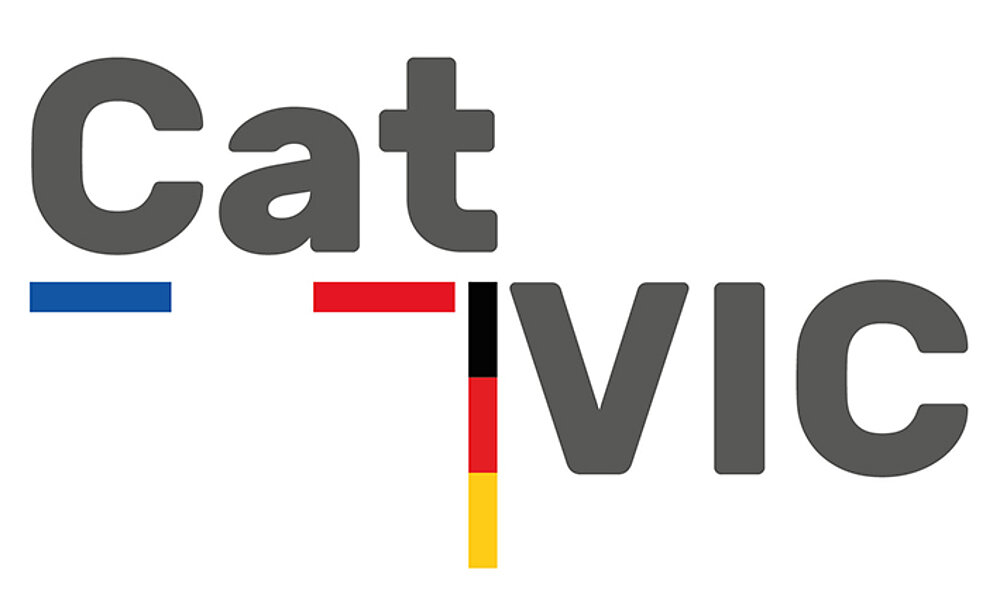
Das CatVIC-Projekt (Catalytic Valorization of Industrial Carbon) ist eine deutsch-französische Initiative, die von den französischen und deutschen Forschungsministerien MESRI und BMBF unterstützt wird. Das CatVIC-Projekt wird von ANR und BMBF finanziert und startete im Oktober 2019.
Das Projekt zielt auf die Entwicklung eines hochinnovativen Power-to-X-Systems ab, das auf der umweltfreundlichen Wasserstoffproduktion mit Hilfe der Hochtemperatur-Elektrolysetechnologie und auf fortschrittlichen katalytischen Optionen für die Valorisierung der unvermeidlichen CO2-Emissionen aus energieintensiven Industrien basiert.
E-conversion

e-conversion is a new Cluster of Excellence funded by the DFG (German Research Foundation) with a focus on investigating fundamental mechanisms of energy conversion processes.
Besides the MPI CEC (Prof. Schlögl), scientists from the Max-Planck-Institut für Kohlenforschung, the MPI for Solid State Research, the FHI Berlin as well as TU and LMU Munich are involved in this project.
Fuel Science Center
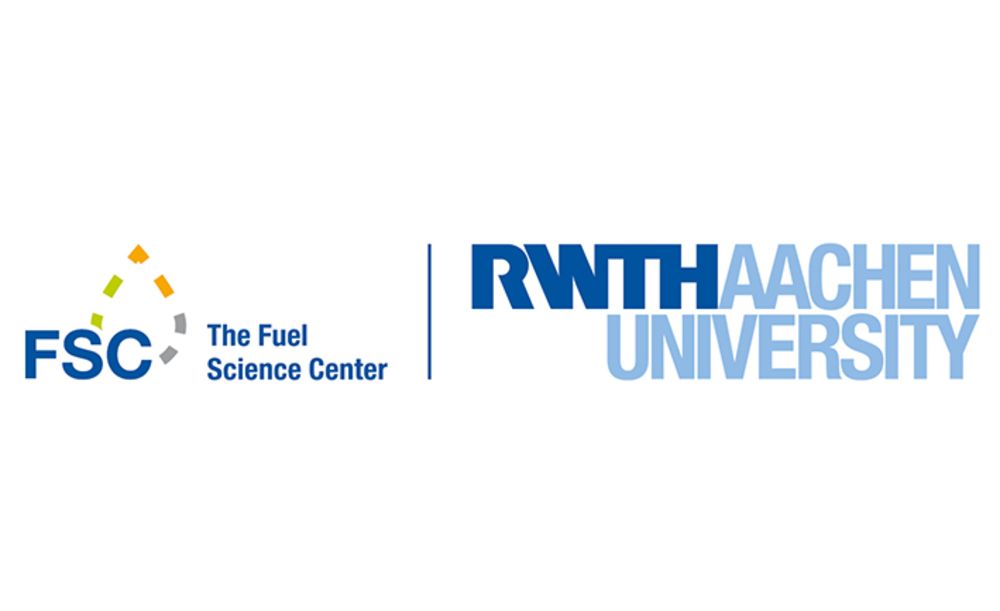
In the Cluster of Excellence “The Fuel Science Center - Adaptive Conversion Systems for Renewable Energy and Carbon Sources”, scientists from RWTH Aachen University, Forschungszentrum Jülich and the two Max Planck Institutes in Mülheim work together to conduct fundamental research aiming at the conversion of renewable electricity into liquid energy sources with a high energy density (bio-hybrid fuels). The energy is converted with the help of bio-based carbon feedstock and CO2. These fuels enable new engine concepts for efficient and clean combustion.
The research conducted in the FSC goes far beyond previous approaches by defining the scientific basis for the development of bio-hybrid fuels through integrated design of production and propulsion systems.
In addition to Prof. Walter Leitner, who is speaker of the FSC, Prof. Robert Schlögl is also involved in this Cluster of Excellence.
RESOLV
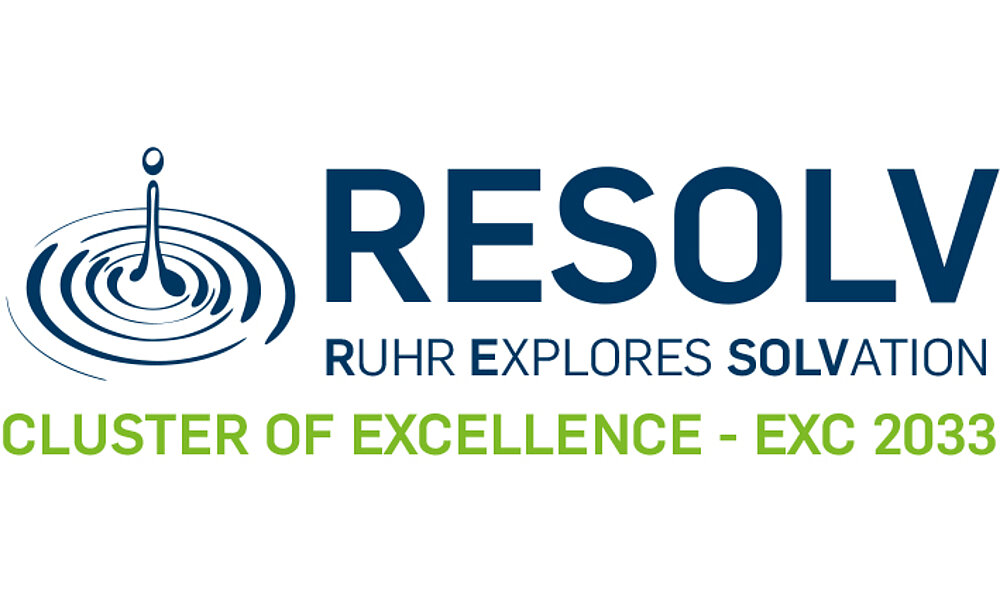
RESOLV (Ruhr Explores Solvation) is hosted by the Ruhr-University Bochum and at its very heart lies the quest to significantly deepen the understanding of the complex interplay between solutes and solvents at the molecular level. Therefore, its goal is to launch Solvation Science as a new interdisciplinary research field, thus providing a unifying framework in which solvent processes can be investigated.
Detailed information about the Cluster of Excellence RESOLV can be found on the website of the RUB.
CRC/TRR 247
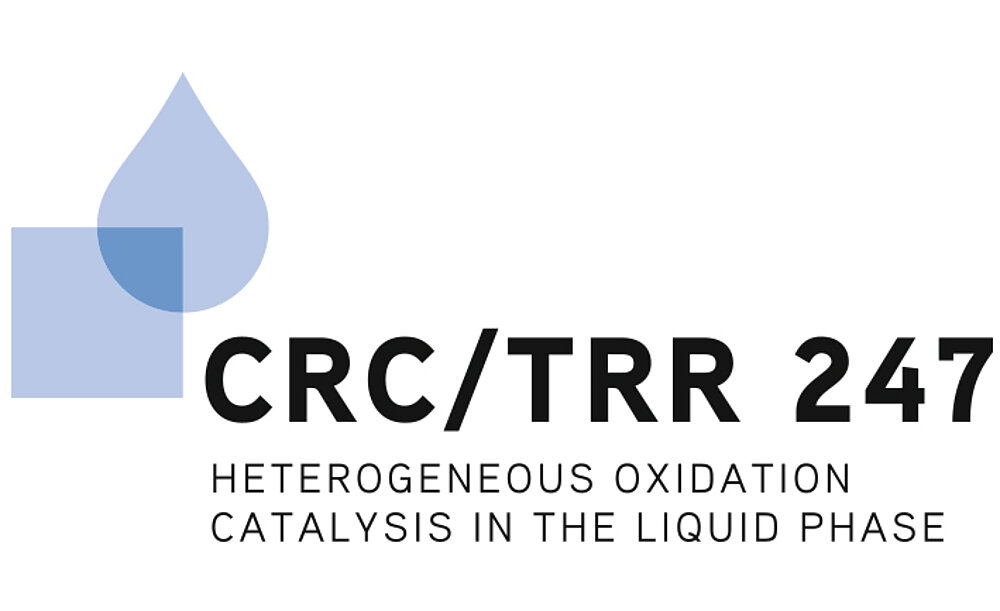
Heterogeneous Oxidation Catalysis in the Liquid Phase
The Collaborative Research Centre (CRC/Transregio 247) is located at the University of Duisburg-Essen and the Ruhr-University Bochum. The Max Planck Institute for Chemical Energy Conversion, the Max-Planck-Institut für Kohlenforschung, and the Fritz Haber Institute of the Max Planck Society are involved in this DFG-funded cooperation. The CRC/TRR 247 aims at bringing heterogeneous oxidation catalysis in the liquid phase to a level of fundamental understanding that is comparable to metal catalysis in the gas phase, i.e. to unravel the nature of the catalytically active sites and the reaction mechanisms. The CRC is divided into different sub-areas and projects. Prof. Schlögl coordinates the subdivision B „Analysis and Model Materials“, Prof. DeBeer is responsible for the project B6 „Advanced X-Ray Spectroscopic Studies of Heterogeneous Oxidation Catalysts“.
EMIL
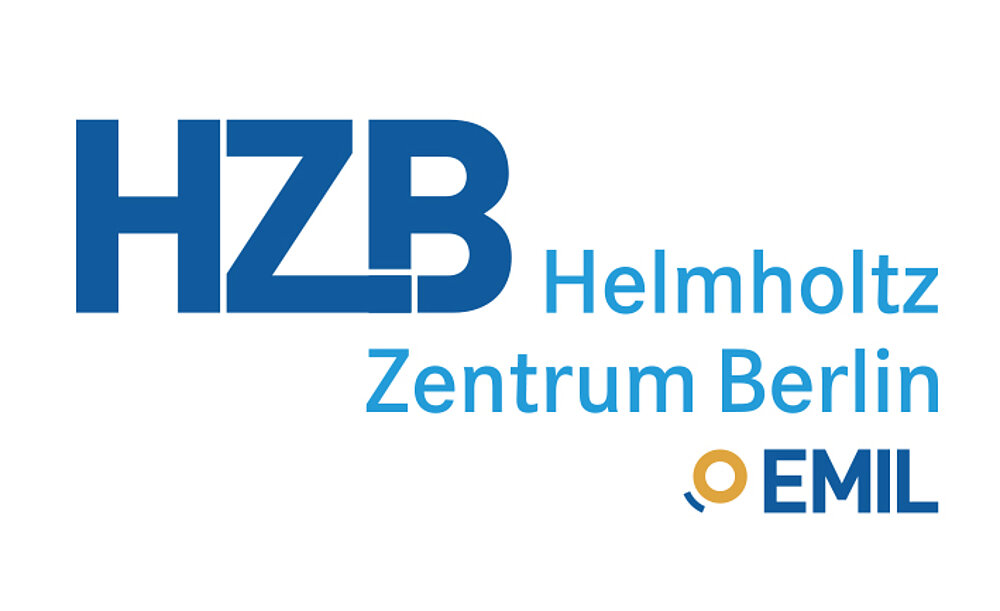
In a concerted effort, the Helmholtz Zentrum Berlin (HZB) and the Max Planck Society (MPG) are in the process to develop, install, and operate EMIL (Energy Materials In-Situ Laboratory Berlin), a world-wide unique facility at the BESSY II synchrotron light source. EMIL is a labororatory dedicated to the state-of-the-art synthesis and in-situ and in-operando X-ray analysis of materials and devices for energy conversion and energy storage. Work at EMIL will cover the range from basic and applied material science over technology and prototype development to industrial research.
Prof. Serena DeBeer is responsible for the design, building and operation of the PINK beamline at EMIL, Prof. Schlögl for the CAT beamline.
ESYS

To successfully implement the energy revolution, scientific supervision is necessary. The interdisciplinary initiative ESYS (Energy Systems of the Future) – which was founded by acatech, the „Nationale Akademie der Wissenschaften Leopoldina“ and the „Union der deutschen Akademien der Wissenschaften“ – contains the expertise of more than 100 experts of various scientific areas. In dialogue with stakeholders of politics, science, economics and the public, the experts develop strategies for a secure, affordable and sustainable energy revolution. Prof. Schlögl is chairman of the board of directors.
(Source and further information: acatech)
ETOS
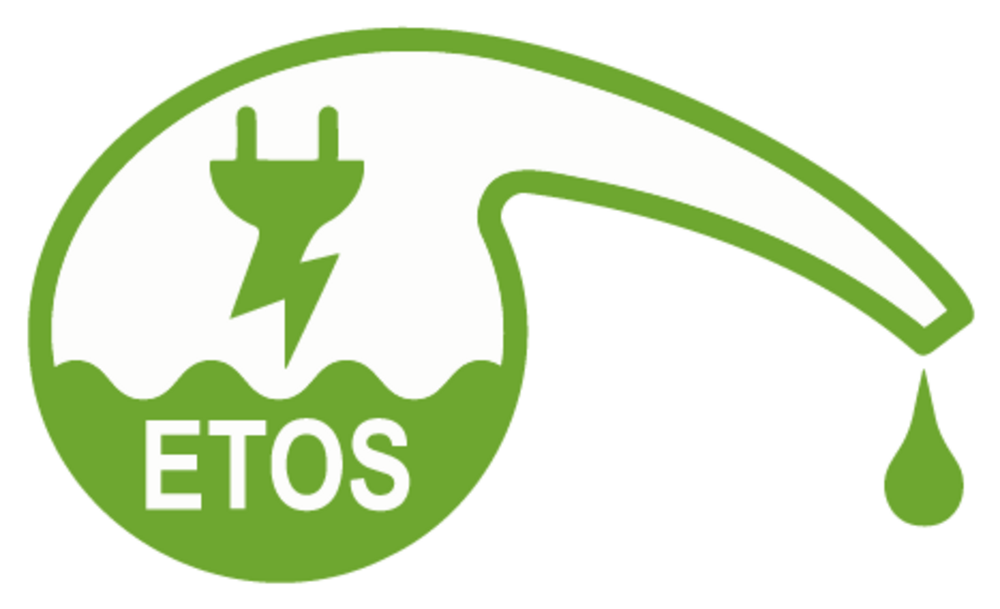
The ETOS future cluster, funded by the BMBF, is working to establish the use of electric current as a chemical reagent in technical applications in order to replace technical manufacturing processes with a sometimes very critical environmental balance and high costs with more environmentally friendly and cost-efficient processes. The electro-synthetic processes are designed in such a way that temporary energy surpluses, which regularly arise during energy generation from wind power or photovoltaics, can be flexibly exploited for the processes – thus preventing potential negative environmental effects that would be conceivable through the use of larger amounts of energy. To make this transformation a reality, the relevant multidisciplinary expertise of key players in the ETOS region (along the German Rhine axis) is to be brought together, fully exploited and strengthened. Currently, more than 20 players from industry and academia are conducting research in this context.
The spokespersons are Prof. Siegfried Waldvogel (spokesperson, MPI CEC) and Prof. Ulrike Krewer (co-spokesperson, KIT). Further information is available on the cluster website.
koala

koala supports groundbreaking research based on Green Chemistry principles to create impact beyond the lab. We help turn promising scientific ideas into sustainable business models by offering structured support from idea to impact. Our approach combines entrepreneurial training and mentoring with access to a strong and diverse network of experts from academia, industry, and the startup world. Together, with our partners, we provide the training, coaching, and support needed to transform early-stage scientific ideas into business models. Thus, koala helps to lower the barriers that prevent scientists from pursuing entrepreneurship as a viable career path.
One of our unique offering is the QuinCAT incubator, which provides founding teams with free lab and office space to grow and develop their ideas. By fostering Green Chemistry-based startups, koala aims to transform the chemical industry through science, innovation, and collaboration.
koala is a joint project of the Max Planck Institute for Chemical Energy Conversion and the RWTH Aachen University, which is funded by the Ministry of Culture and Science of the State of North Rhine-Westfalia (MKW NRW) from May 1, 2023, to April 30, 2027, as part of the 2022 cooperation platforms.
Kopernikus-Projects
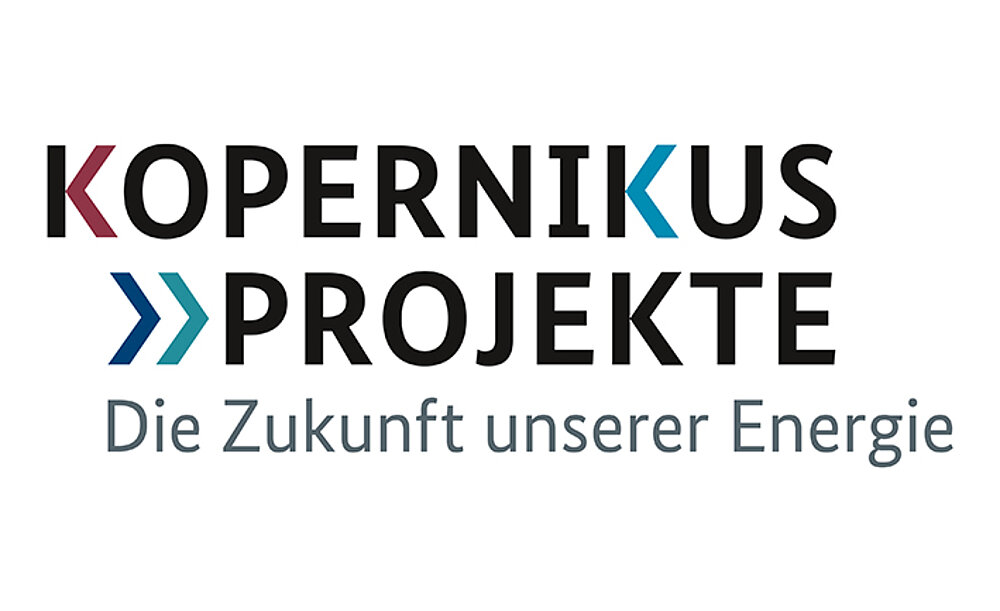
The Kopernikus projects make up one of the largest research initiatives in Germany in the field of the energy transition. The initiative aims at a climate-neutral Federal Republic until 2050.
The projects focus on the fields:
- New net structures
- Power-to-X
- Industry processes
- System integration
Prof. Robert Schlögl is chairman of the advisory board of this research initiative. Prof. Walter Leitner heads the catalysis research in the Power-to-X project. Further information (in German only) can be found on the official Kopernikus-Website.
Photovoltaic system
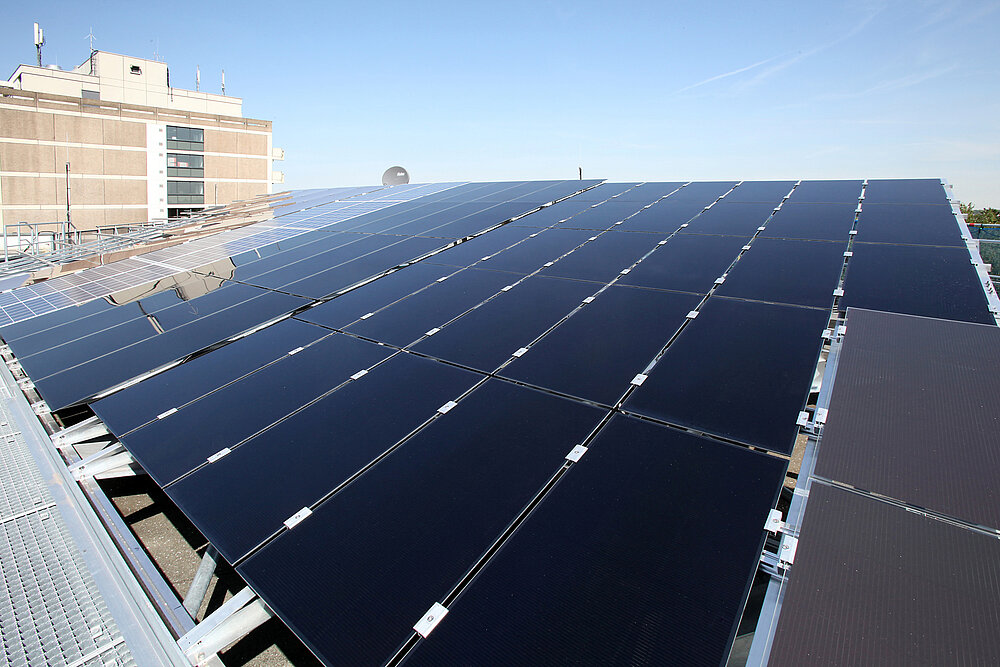
The experimental photovoltaic system was installed as a part of the research activities in the field of energy storage at the MPI CEC.
The special features of this system are the various photovoltaic-modules, differing in type technology, area and power.
More information on our Solar-Website
REDIFUEL

REDIFUEL is a research project dedicated to the development of an EN590 compatible biodiesel fuel. Through the combination of innovative research in the field of transition-metal-catalyzed reactions and specialized engineering skills, a competitively priced diesel-fuel with greatly reduced pollutant emissions is to be developed based on biomass.
The REDIFUEL European research project is carried out based on an international collaboration of 12 partners. This consortium consists of universities, research institutes as well as small and medium-size enterprises, from six different countries.
The Group of Multiphase Catalysis (Department of Molecular Catalysis) at the Max Planck Institute for Chemical Energy Conversion is one of the partners of REDIFUEL with a primary focus on the development of new homogenous catalysts and recycling concepts within the project. This research project received funding from the European Union’s Horizon 2020 Research and Innovation Action (Grant Agreement no. 817612) within the “Alternative fuels and mobile energy sources” program under the topic “Development of next generation biofuels and alternative renewable fuel technologies for road transport”.
SFB 1633 - PCET

SFB 1633 aims to promote new strategies for redox catalysis as a key method for sustainable chemical synthesis and energy conversion based on renewable and chemically inert starting materials (CO2, O2, H2O, N2, biomass). To this end, the projects focus on a physical-chemical phenomenon that controls the energetics and selectivity of redox transformations of these substrates: the thermodynamic and/or kinetic coupling of proton and electron transfer, known as proton-coupled electron transfer (PCET).
The SFB 1633 is coordinated at the Georg-August-Universität Göttingen by Prof. Sven Schneider and Prof. Inke Siewert. Prof. Waldvogel is involved in two subprojects.
Detailed information is available on the website of the University of Göttingen.
SUNERGY

SUNERGY aims at becoming a large European Research and Innovation initiative working towards the conversion and storage of renewable energy into fossil-free fuels and chemicals.
The current enterprise unites and builds on two initiatives funded under Horizon 2020: SUNRISEand ENERGY-X.
The EU-funded ENERGY-X project aims to develop a strategic "roadmap" for a major research initiative addressing the efficient conversion of solar and wind energy into chemical forms.
13 scientific partners from all over Europe, including the MPI CEC, are involved in this project, which is also supported by numerous industrial companies.
ENERGY-X has joined forces with SUNRISE to launch the SUNERGY initiative.
TransHyDE
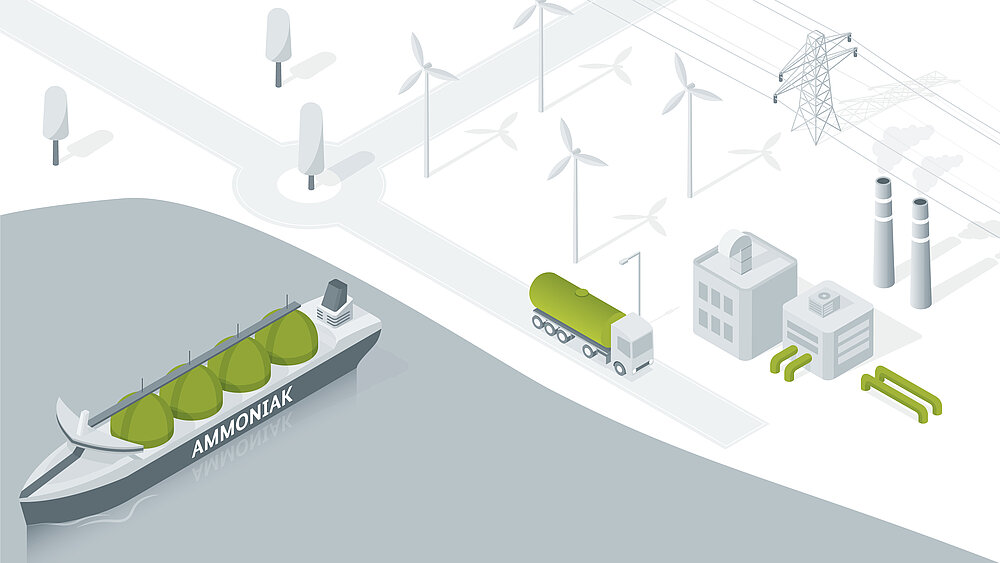
The hydrogen lead projects constitute the BMBF's largest research initiative to date on the topic of energy transition. In the industry-led flagship projects, industry and science are jointly developing solutions for the German hydrogen economy: series production of large-scale electrolysers (H2Giga), production of green hydrogen at sea (H2Mare), technologies for the transport of hydrogen (TransHyDE).
The lead project TransHyDE evaluates and tests hydrogen transport solutions. It is advancing transport technologies in four demonstration projects: hydrogen transport in high-pressure vessels, hydrogen-liquid transport, hydrogen transport in existing and new gas pipelines, and transport of hydrogen bound in ammonia or the carrier medium LOHC.
Currently, about 85 partners from industry, associations, universities and research institutions as well as 20 additional associated partners have joined forces in the lead project TransHyDE.
Prof. Robert Schlögl is the coordinator of the TransHyDe lead project.
Part of a demonstration project is the AmmoRef joint project, in which the working group of Dr. Saskia Heumann, in particular, is involved.
European Research Council
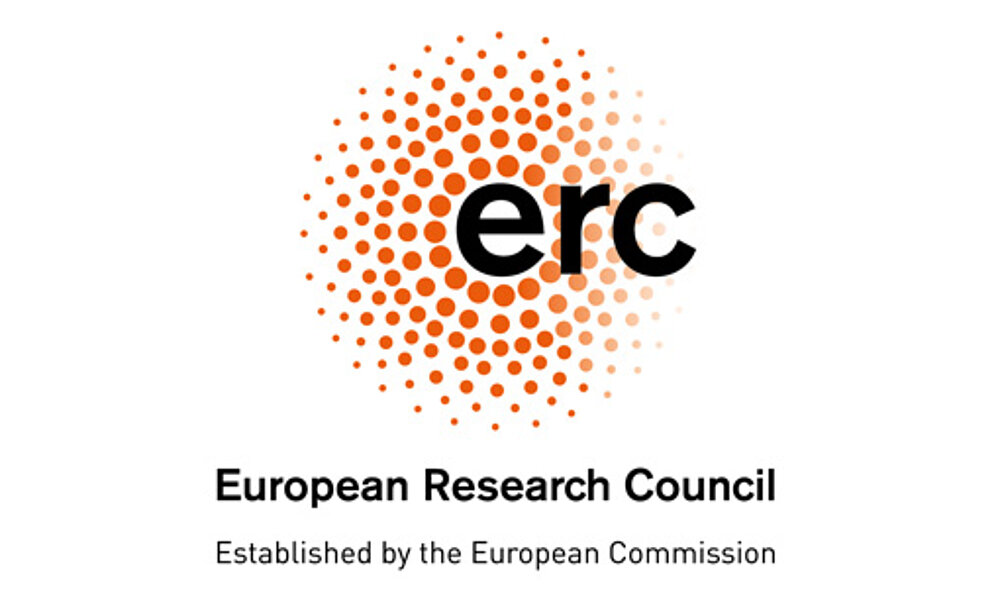
Grants by the European Research Council are awarded through open competition to projects headed by starting and established researchers, irrespective of their origins, who are working or moving to work in Europe. The sole criterion for selection is scientific excellence. The aim here is to recognise the best ideas, and confer status and visibility on the best brains in Europe, while also attracting talent from abroad.
At the MPI CEC, two research projects led by Prof. Serena DeBeer have been funded by the ERC in recent years.
Humboldt Research Fellowship
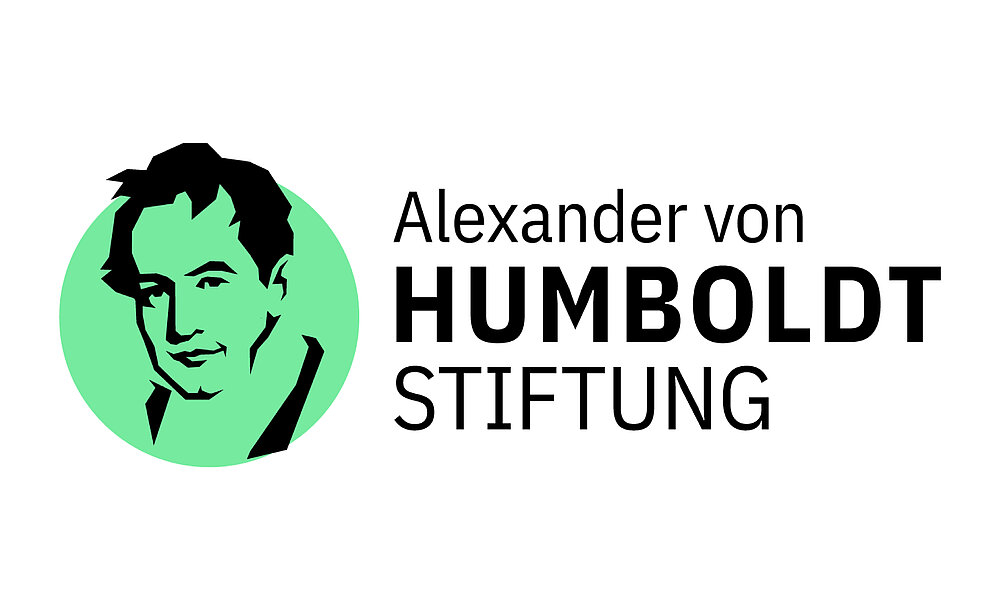
The Humboldt Research Fellowship for Postdocs and experienced Researchers is a fellowship for researchers from all over the world and from all disciplines. Above-average qualified researchers are supported in their research projects in Germany.
The Alexander von Humboldt Foundation enables scientists at different stages of their career to carry out their personal research project in cooperation with a host research institution in Germany.
Several postdocs have already chosen MPI CEC as host institution and used the fellowship for a successful start into their scientific career.
Humboldt Research Fellows have been supervised in the departments of Prof. Serena DeBeer and Prof. Robert Schlögl as well as in the research group of Dr. Alexander Schnegg.
Marie Skłodowska-Curie Fellowships
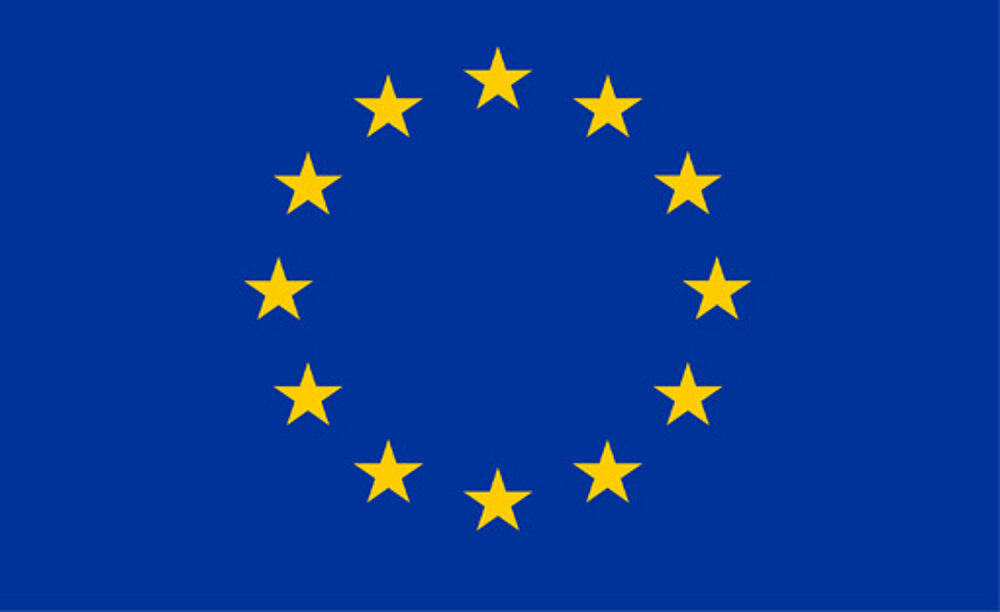
The Marie Skłodowska-Curie actions support researchers at all stages of their careers, regardless of age and nationality. Researchers working across all disciplines are eligible for funding. The MSCA also support cooperation between industry and academia and innovative training to enhance employability and career development. In recent years, there have been both individual scholarships at the MPI CEC and numerous projects funded by the MSCA. In recent years, various projects and individual researchers of the MPI CEC have been supported by the MSCA.

